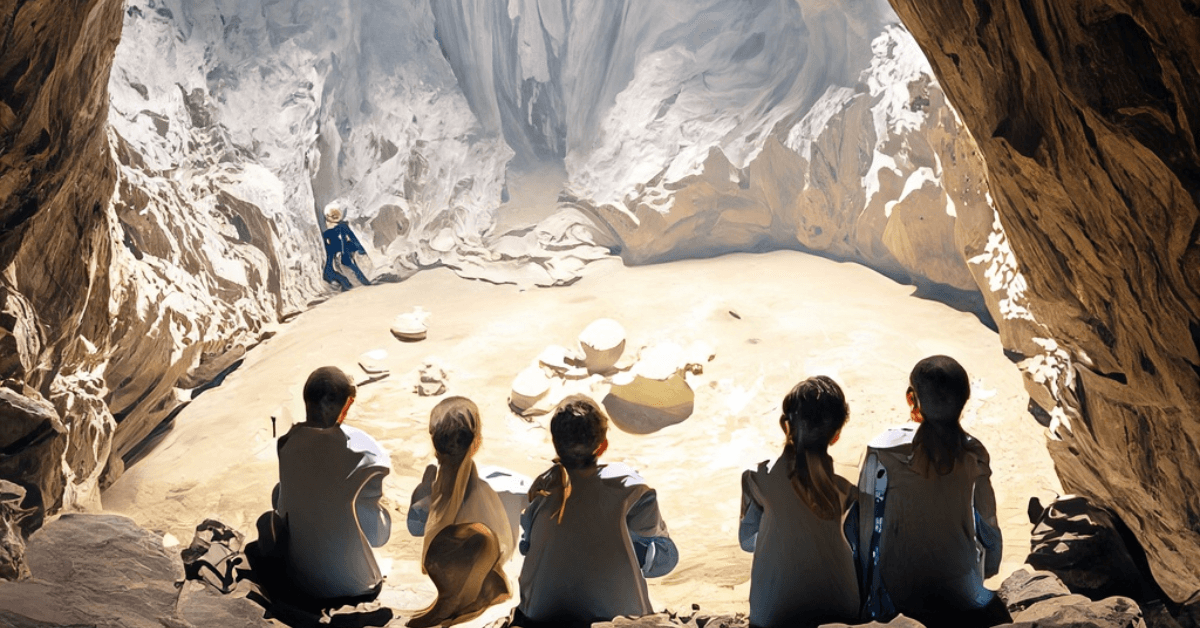July 5, 2023
I’m not getting myself all worked up over how generative AI is going to revolutionize the world of education. I’m not spending too much time trying to find my bearings and make sense of this new world we entered since OpenAI’s successful promotion strategy of ChatGPT. AI didn’t emerge out of nowhere on November 30, 2022. We could all see this coming when IBM’s Watson outperformed two former Jeopardy champions[1]Or Big Blue defeating Kasparov, demonstrating the superior information retrieval capabilities of a fast processor and large memory bank compared to the human brain. We often hear this false comparison, and it’s no wonder we feel uneasy about AI. We tend to view the brain as one big computer, overlooking its organic, emergent network. We fear becoming obsolete.
In response, we build walls to protect ourselves, afraid that AI will take our jobs, send us hurling into uncertainty, and enslave us all in its relentless quest to purchase cheaper paperclips. We call out to celebrate (reclaim?) the attributes that supposedly make us human, uniquely human. You can pick out of a hat which attributes you want to defend, it doesn’t matter. We build walls, the human-centered design…
Footnotes
| ↑1 | Or Big Blue defeating Kasparov |
|---|



